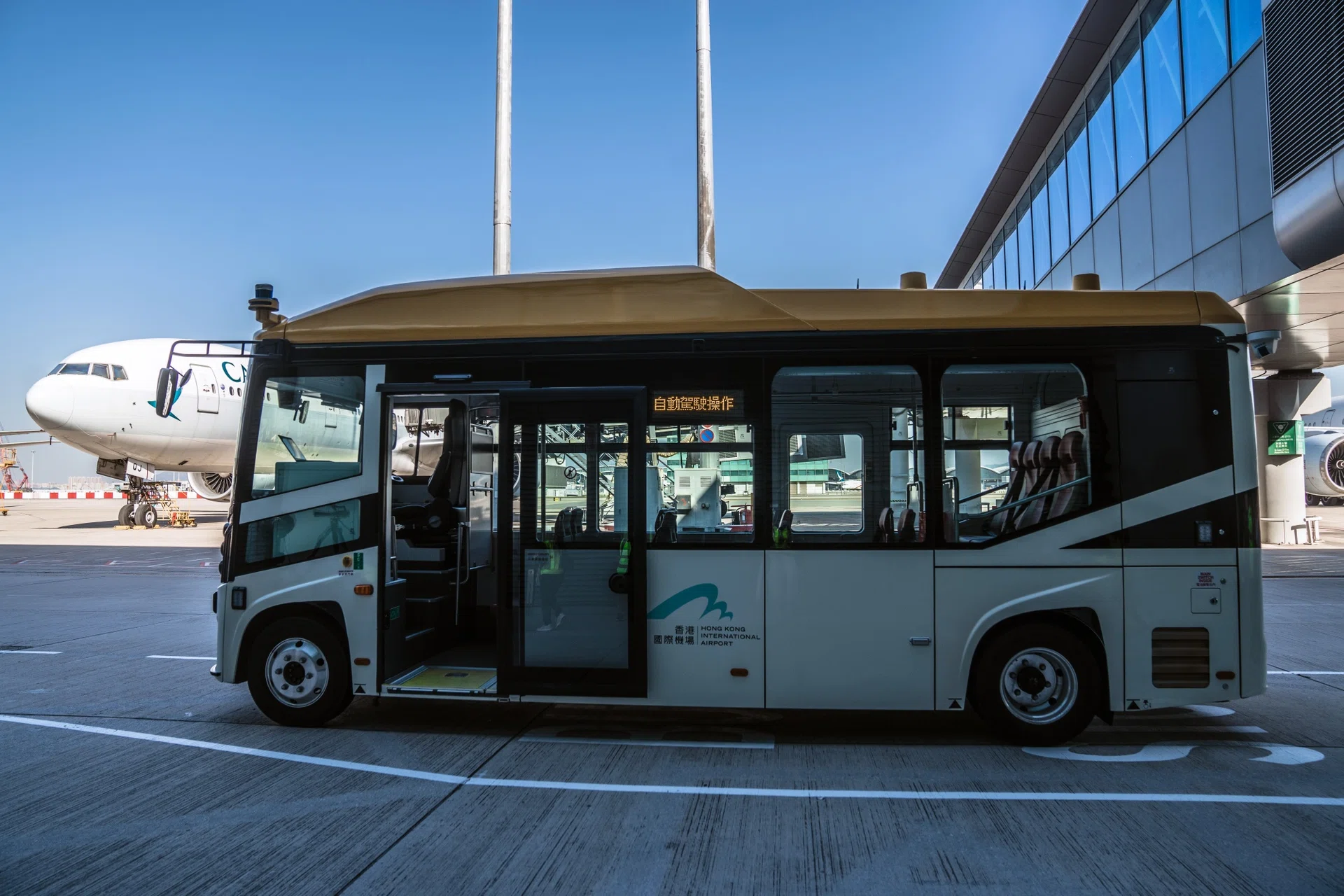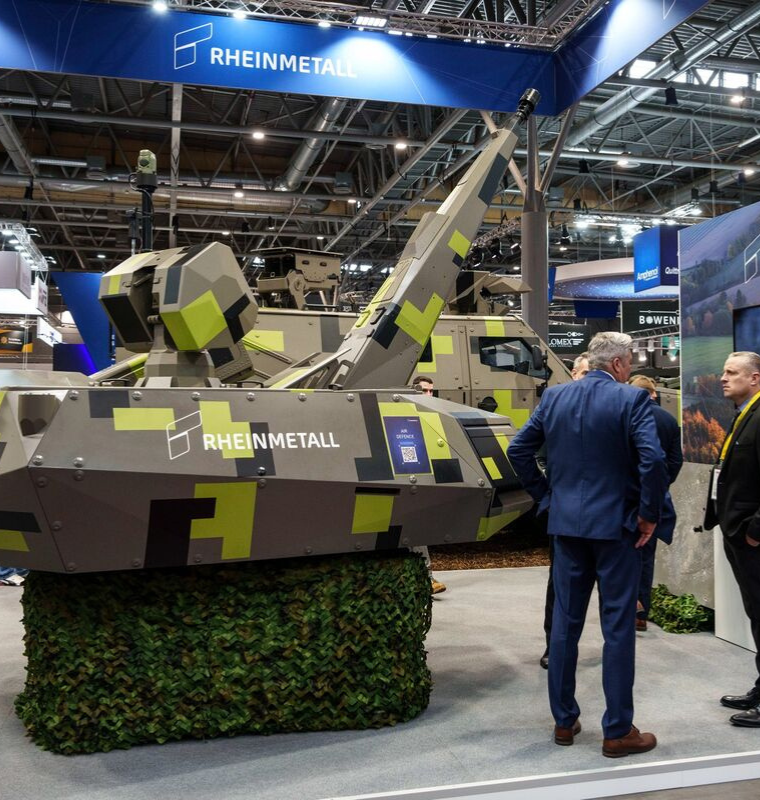Chinese Driverless Tech Firms Stumble at Hong Kong Debut with Shares Slumping Double-Digits
Chinese Driverless Tech Firms Stumble at Hong Kong Debut with Shares Slumping Double-Digits
By
Calder Monroe
Last updated:
November 6, 2025
First Published:
November 30, 2025

Photo: The Business Times
In a much-anticipated moment for the autonomous-driving sector, two Chinese firms — Pony.ai and WeRide — made their debut on the Hong Kong Stock Exchange (HKEX) this week. But instead of a smooth take-off, both companies suffered steep share price declines, highlighting investor concerns about their near-term prospects.
Capital Raised and Market Reaction
Pony.ai priced its shares at HK $139 each, raising about HK $6.71 billion — roughly US$860 million — in its Hong Kong listing. Meanwhile, WeRide raised around HK $2.39 billion (about US$308 million) from its own listing.
On trading day one, Pony.ai’s stock dropped by around 14%, while WeRide’s slipped nearly 12%. These declines came despite the companies securing large capital injections.
Why the Weak Debut?
The drama behind the numbers is telling:
- Both companies already trade on the U.S. markets, and their Hong Kong listings served as dual-listings aimed at broadening investor access and reducing geopolitical risk.
- Investors remain cautious because neither firm is currently profitable, and scaling autonomous-driving operations remains capital-intensive.
- The competitive landscape is fierce: Pony.ai and WeRide are chasing bigger players like Baidu (with its Apollo Go robotaxi service) in China and Waymo in the U.S.
- Regulatory and operational risks loom large: deploying driverless fleets outside China remains challenging and costly.
- Market sentiment in Hong Kong around tech-heavy IPOs has become more selective; strong raises alone no longer guarantee share-price strength.
Strategic Focus: What the Funds Will Be Used For
Both companies laid out how they plan to deploy their fresh capital:
- Pony.ai emphasises advancing its Level-4 autonomous driving platform (which enables fully driverless operation in specific environments) and building supporting infrastructure—including robotaxi parking and charging facilities.
- WeRide outlines plans to enhance its artificial-intelligence capabilities, expand data-centres and computing infrastructure, hire top talent globally, and deepen its sales and service network.
- Both firms highlight global expansion: target regions include the Middle East, Southeast Asia (e.g., Singapore), and Europe — albeit with “pending regulatory approvals” still a hurdle.
Broader Context: Hong Kong’s IPO Boom & Tech Listing Trend
This dual listing occurs amid a resurgence of Hong Kong as a destination for Chinese tech and mobility companies:
- With HK firms raising unprecedented amounts this year, Hong Kong has emerged as a key alternative to U.S. exchanges for Chinese companies seeking capital and listing flexibility.
- Many Chinese firms are pursuing secondary or dual listings in Hong Kong to hedge against regulatory or delisting risk in the U.S.
- While Hong Kong offers access to Asia-based capital pools, analysts caution that listing location alone does not solve the tougher business challenges – such as achieving scale, profitability, and international regulatory clearance.
What’s Next?
For investors and observers, several watch-points emerge:
- How rapidly can Pony.ai and WeRide scale autonomous-driving fleets into commercial operations (i.e., paid robotaxi services) rather than just test or pilot phases?
- When will they approach meaningful profitability — and how much additional capital will they need to continue scaling?
- How effectively can they expand outside China into markets with stricter regulation, different infrastructure and customer behaviours?
- What will be the strategic response to competition — both domestic and international — as more players enter the autonomous-mobility space?
- Will their Hong Kong listings deliver the investor base and valuations they hope for — or will short-term share performance dampen momentum?
While laying claim to cutting-edge driverless-mobility technology, Pony.ai and WeRide’s rocky start in Hong Kong serves as a reminder that market valuations, investor confidence and operational execution must align. Raising nearly a billion USD between them is no small feat — yet the steep drop in share price underscores how critical it is for the companies to prove their business models in the real world. The listing is a milestone, but in many ways the hardest work lies ahead.
Popular articles
Subscribe to unlock premium content
AI-Curated Luxury Shopping Experiences Transform the Market

Luxury Smart Vehicle Accessories Create a $250 Million Niche Market

Bespoke AI Fitness Experiences Redefine Personal Training

AI-Curated Luxury Shopping Experiences Transform the Market

Luxury Smart Vehicle Accessories Create a $250 Million Niche Market

AI-Curated Luxury Shopping Experiences Transform the Market









